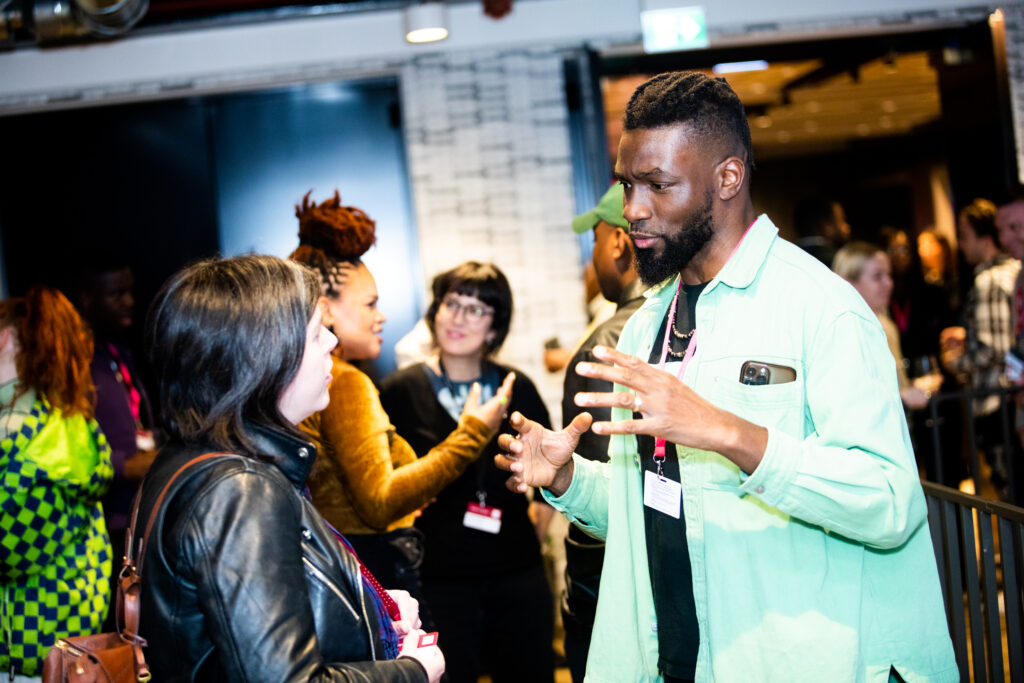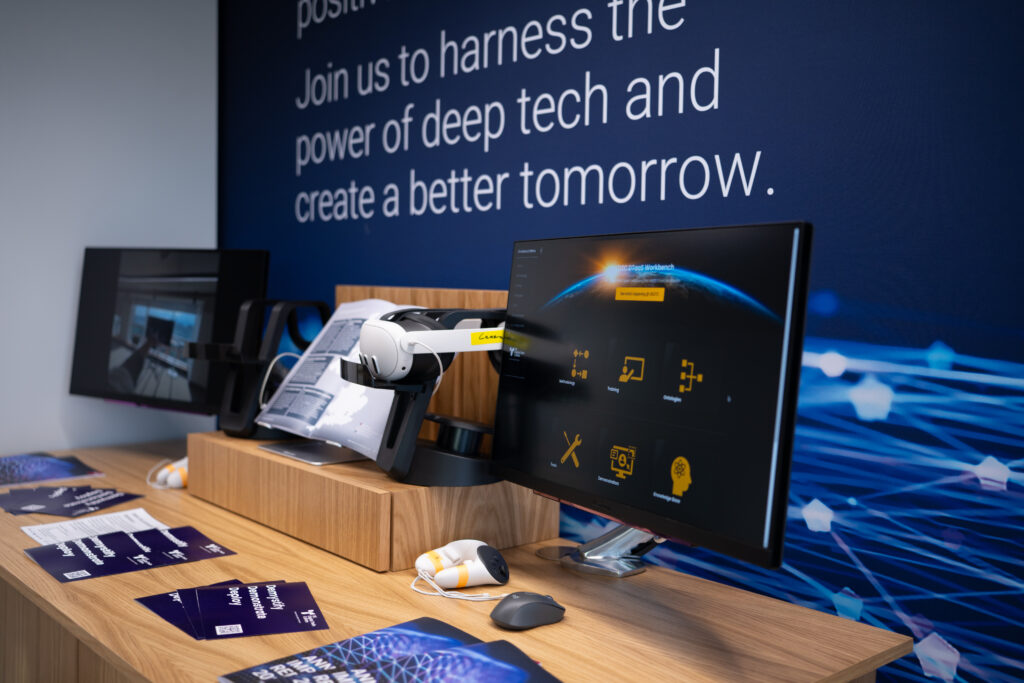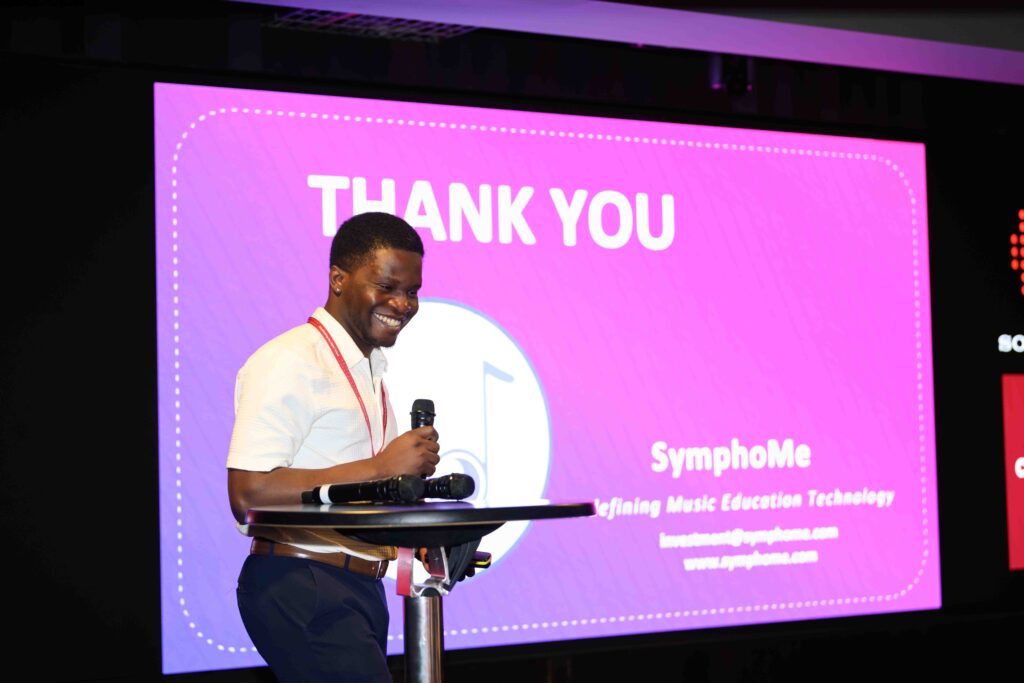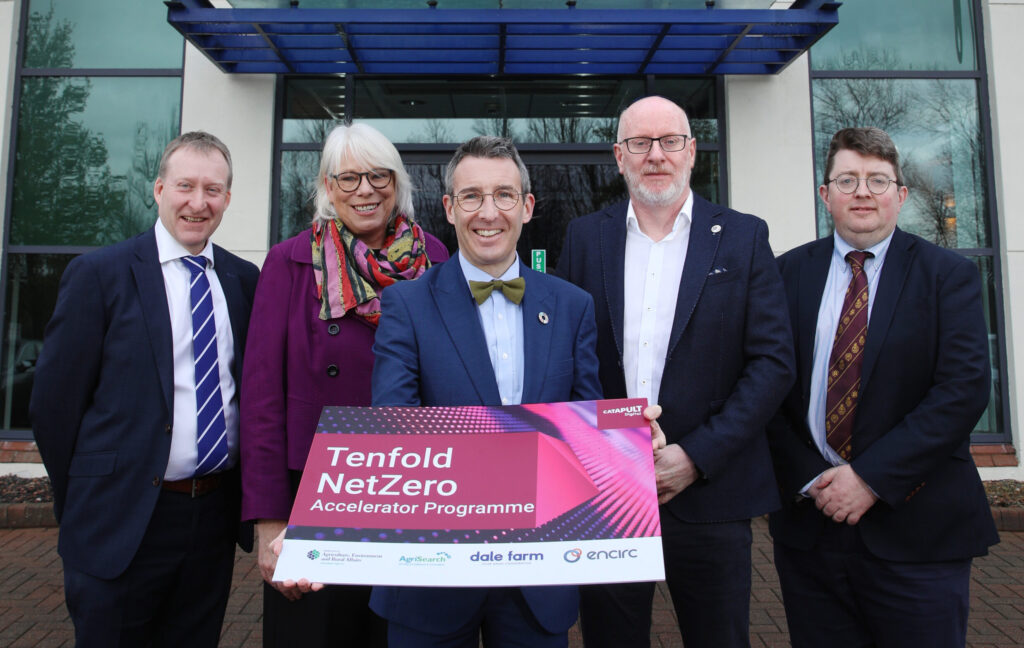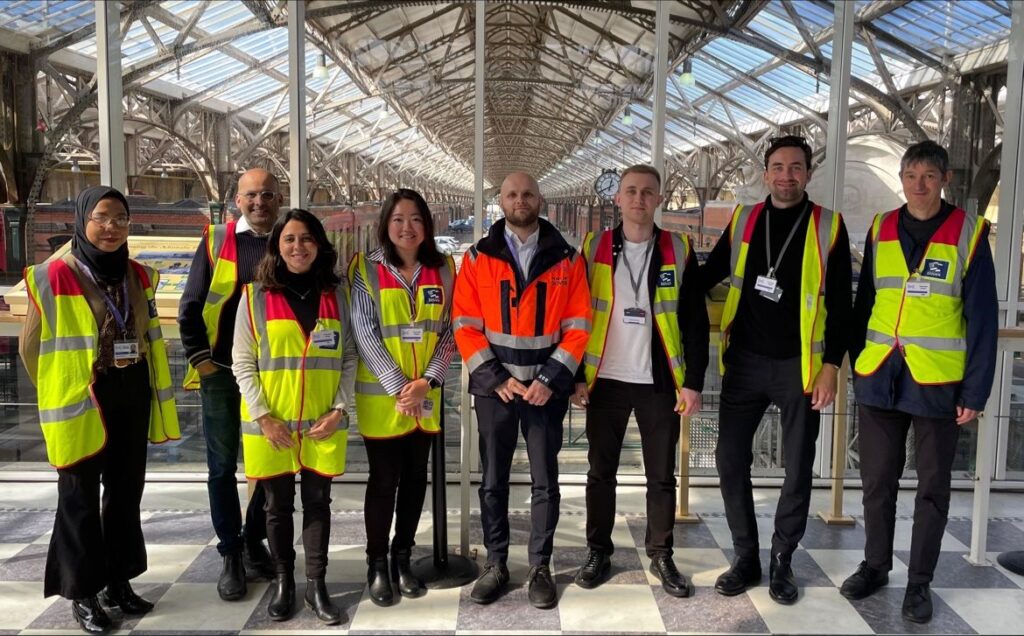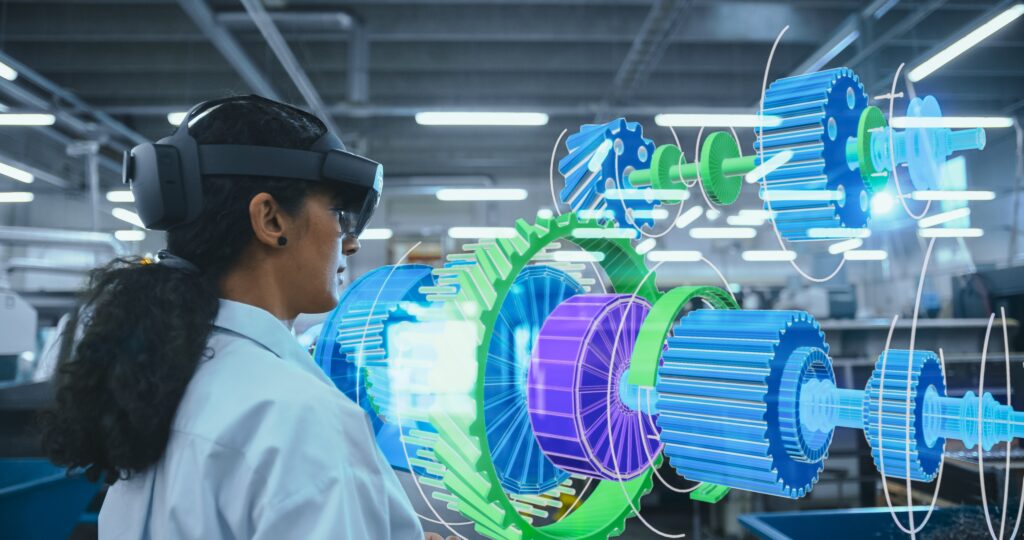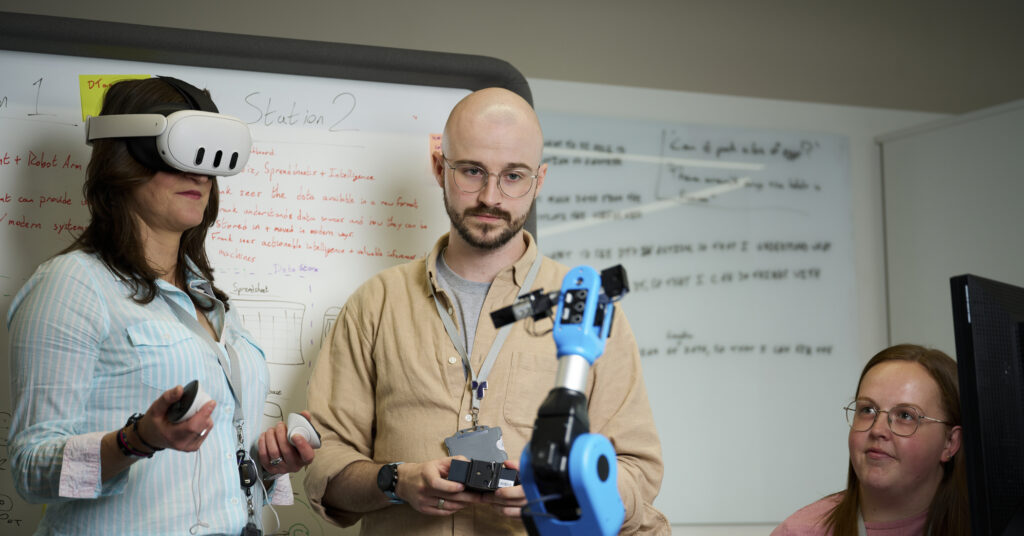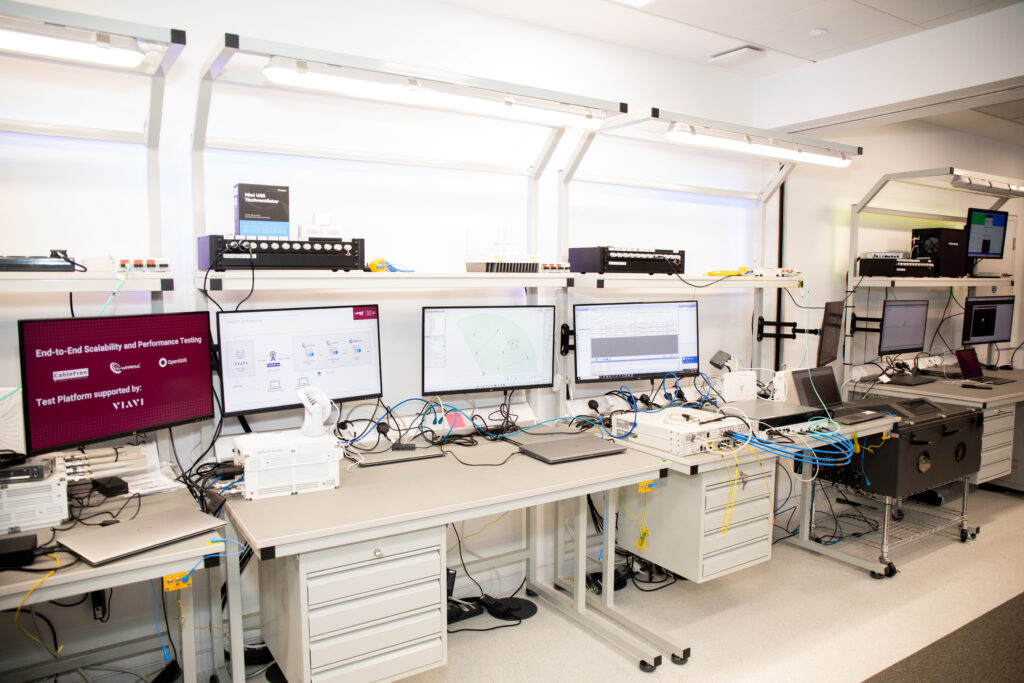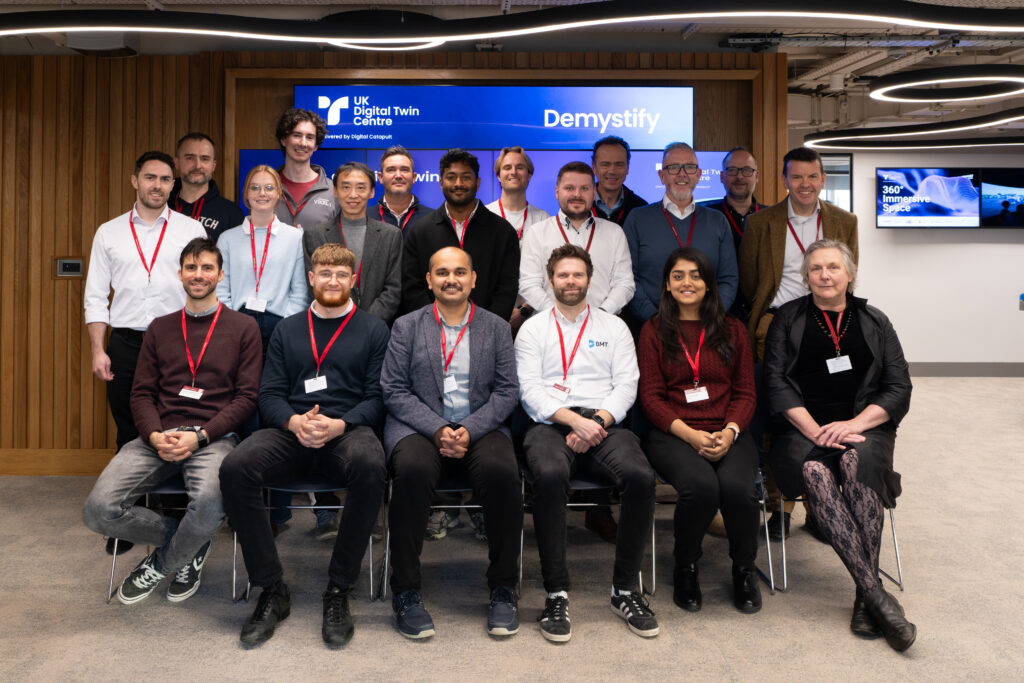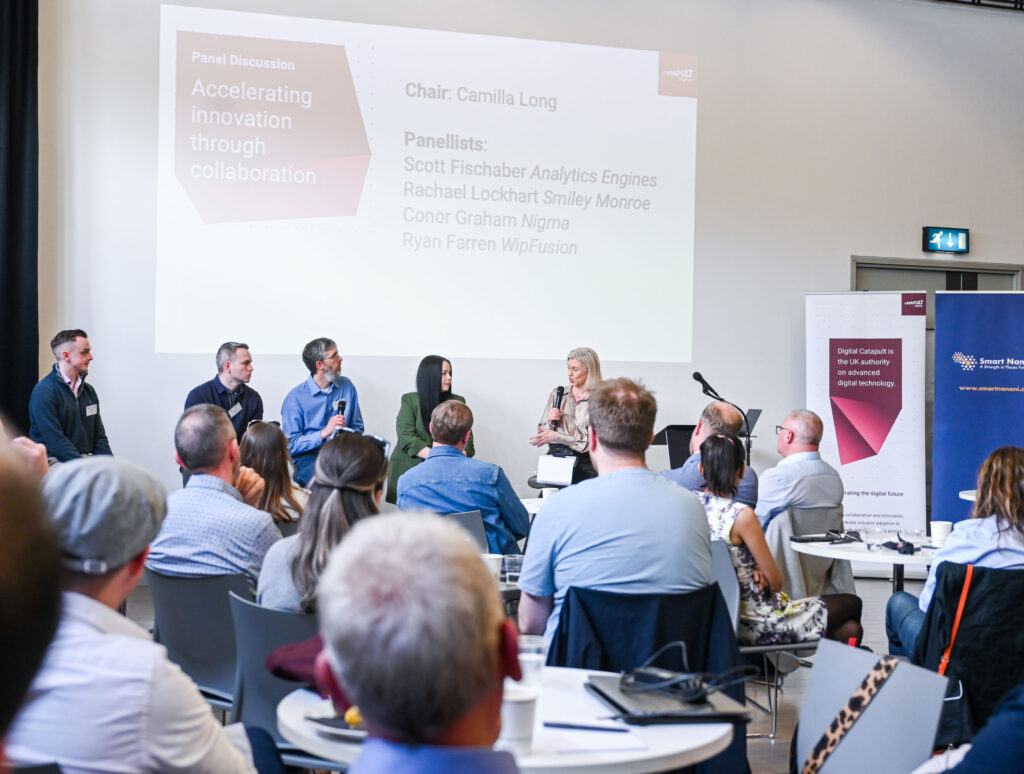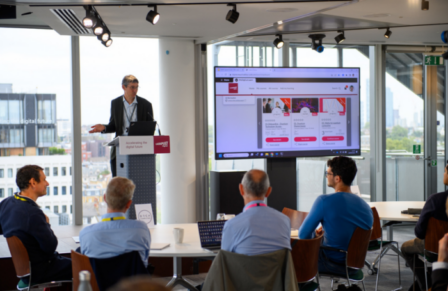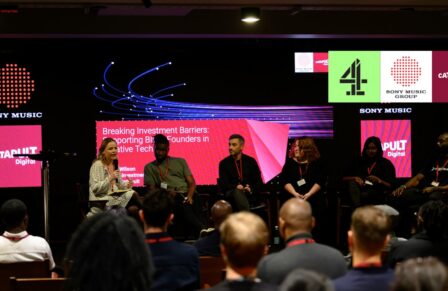What can be done about it?
Collective action
Digital Catapult’s report highlights the need for collective action to boost the UK’s immersive tech and Web3 sectors, or risk stifling innovation and investment. For the UK to be a global leader in these convergent technologies, further national and international collaboration is key to remove blockers that risk stalling innovation and opportunity.
Technologists and businesses building the metaverse and Web3 need to strive for high interoperability, otherwise the improvements that Web3 promises will be incremental at best.
We encourage hypotheses on product and service market fit and suggest that the highest reach with most impact is found in concepts with the greatest convergence.
Further national and international collaboration is key. We need a healthier tech ecosystem that fosters better connection between supply and demand of the underpinning technologies, reducing risk for the end user. We also need proven business models that encourage more innovators to get involved, not just current big tech and global luxury brands.
Centralisation vs decentralisation
The tension between centralisation and decentralisation is a key focal point for examining developments around the metaverse and Web3, in order to understand where their convergence might lead.
Historically, the world’s information was managed by a handful of centralised entities: from national libraries and publishing houses to media trusts and the large corporations amassing today’s digital data. The original vision for the internet in the 1960s was information decentralisation, and a number of networks were developed to allow computers to talk to each other.
However, as the internet grew in popularity, it started to become increasingly centralised, partly due to the rise of the large tech companies that now dominate the online landscape. These companies, namely Google, Meta (formerly Facebook), Twitter and Amazon, have essentially formed the current iteration of the internet, Web 2.0.
Web3 is expected to bring huge changes in the coming years, including a return to decentralisation and with it the potential for enhanced privacy and security for users.
The back-and-forth between decentralisation and centralisation can be likened to a pendulum changing direction. After Web3, it’s likely the world will seek a new system again, predominantly characterised by the use of a centralised internet that makes the metaverse truly interoperable and part of everyday global life.
Business models emerging through convergence
When a Web 2.0 or immersive company starts pursuing business ideas that tap into the metaverse or Web3 principles, they need to adjust their ways of operating or pivot completely.
Building connections between these two sets of phenomena and their related technologies is where opportunities for new business models and user and community empowerment lie. We encourage thinking about practical ways in which the metaverse-Web3 convergence can become tangible as products and services, for example:
- Starting to build or use decentralised services
- Adopting generative AI tools to assist in metaverse-related content production processes
- Adopting technologies such as the internet of things to connect data from the physical world with immersive interfaces, for example on a factory floor
- Bypassing traditional payment methods for direct sales via cryptocurrencies
- Adopting smart contracts and tokens to manage assets
- Launching a distributed autonomous organisation (DAO) which operates with consensus mechanisms in line with Web3 principles.
Digital Catapult’s report provides a framework against which to map metaverse and Web3 convergence, and aims to provide companies looking to innovate in this space with some initial guidance. This is only a starting point, and for a healthy ecosystem to emerge and thrive, more guidance and opportunities to innovate are needed.
Through further practice and collaboration, the innovation, regulatory and policy implications can be better understood, allowing the UK to become a world leader in a metaverse and Web3-enabled future that is secure, ethical, responsible and interoperable.
If you are interested in finding out more about Digital Catapult’s active role in boosting the development of cross-sector, national capability in cyber-physical systems, contact our team on [email protected]










